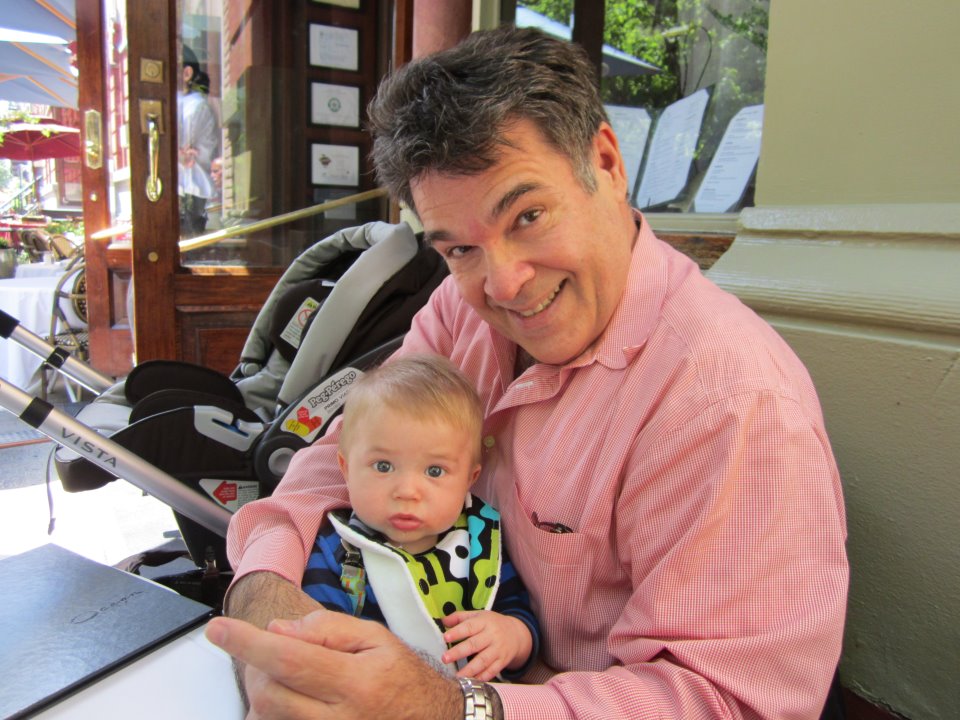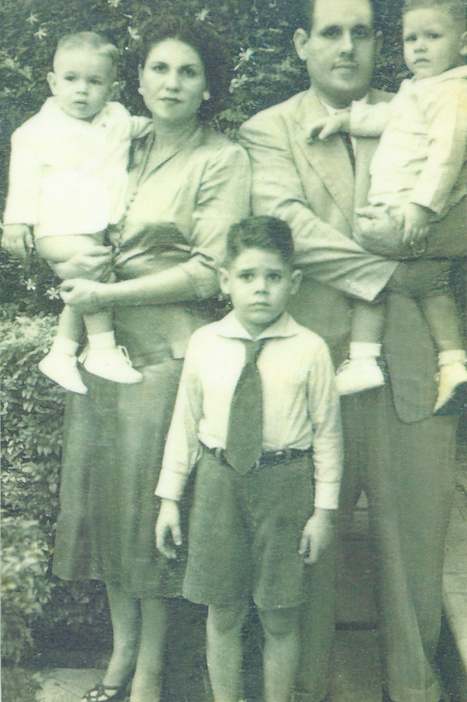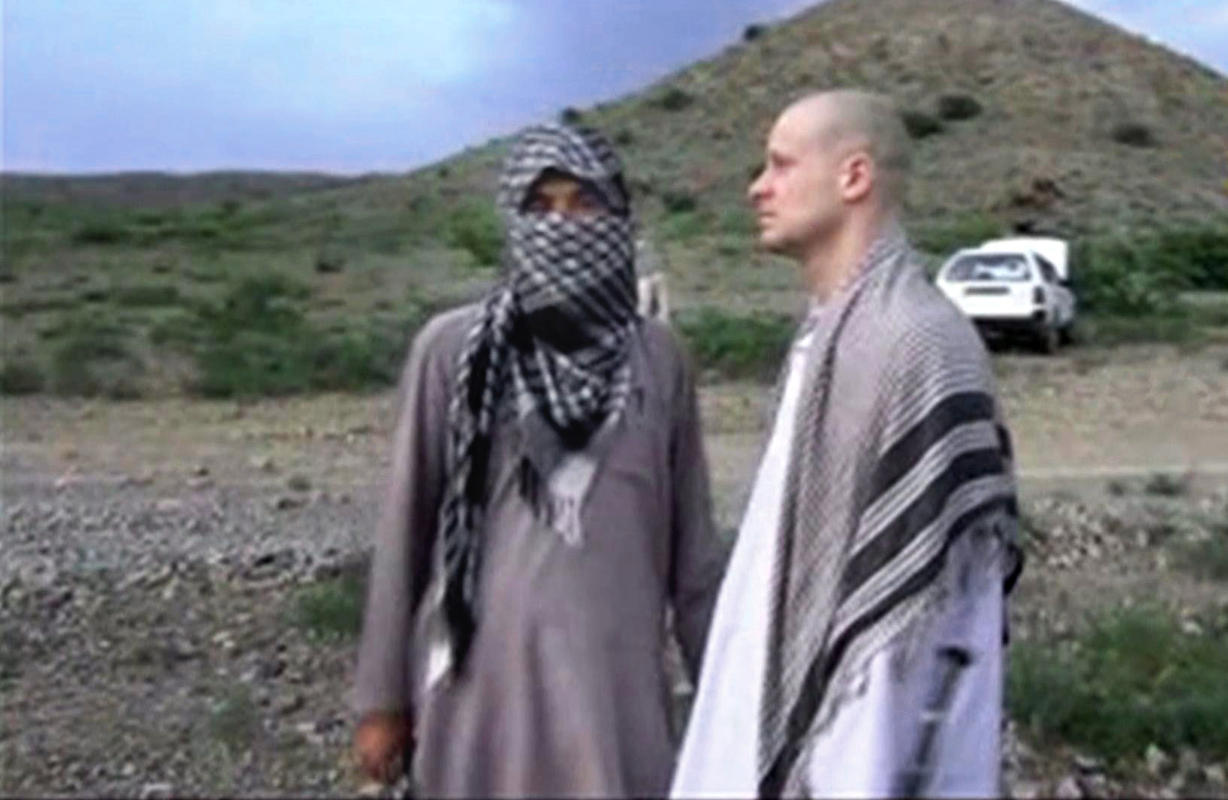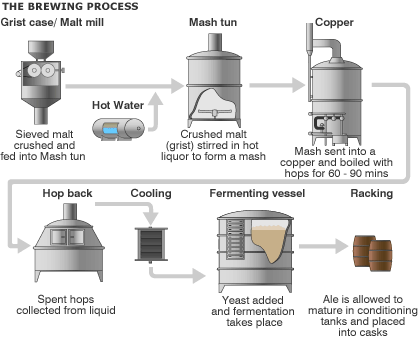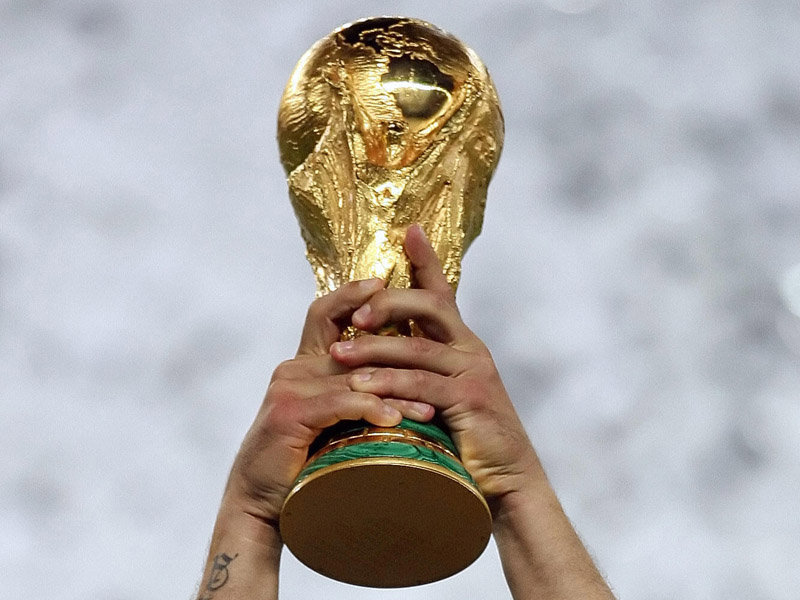A shout out all, who've been blessed with the responsibility and the pleasure of being called DAD, Godfather, or Grandpa. We're all fairly fabulous and fortunate fellows.
I was born in La Habana, CUBA... This pearl of the Caribbean conjures up images of a gorgeous island ravished by history and politics. It channels in me many positive memories, along with the spirits of José Martí, Desi Arnaz, Ernesto Lecuona, Benny Moré, Guillermo Alvarez Guedes and so many other Cubanos...etc.
I'm the youngest of three sons from a professional couple, whose ancestors came from Europe. Margarita, my mother was a teacher, and Antonio, my father was an attorney and architect. The value of education, fair play and community service were made crystal clear.
My parents were also intelligent, witty, hard-working and religious. They always made an effort to enjoy family time and also encouraged us to value health and to respect gender, nationality and race. Also, to compete in sports and to provide community services. After we arrived in the United States, my folks both found jobs as social workers.
As a young boy, I went to grammar school in Cuba, but I attended high school in the US. Later on as an undergraduate student, I received a BFA and then went on to earn advanced degrees. I've always been fascinated by communications and higher education.
In media, I served in various content development and management positions. In academia, I've enjoyed a few distinguished visiting professorships and guest lecturer positions at several private colleges, and public universities.
An interest in travel, life long learning, as well as visual, performing arts, cultures, languages and media, combined with community involvement, has helped me to be a just and fair team player, a gentle leader and an effective motivator.
Over the years, I've been extremely fortunate to have successfully managed several media start ups and turnaround projects, which required overseeing large staffs and larger budgets.
I've served in various high profile positions. English and Spanish-language Senior Producer, Executive Producer and News Director, US Government Division Chief, Cable TV Station Manager, Bureau Chief for the world's oldest non profit news cooperative, Executive Director at a NYC Media firm and Professor at various US Colleges and Universities.
I continued volunteering. These two online: http://cimages.me * www.doseofnews.com
However, my best and proudest tittle by far has been that of DaD, UB, Grandpa, or GB, as my grandchildren like to call me. My kids are the very best I could have hoped and prayed for. My God-children and grandchildren are even better than I could have ever imagined.
I will always love all of you... DaD, UB, GB ;-)


